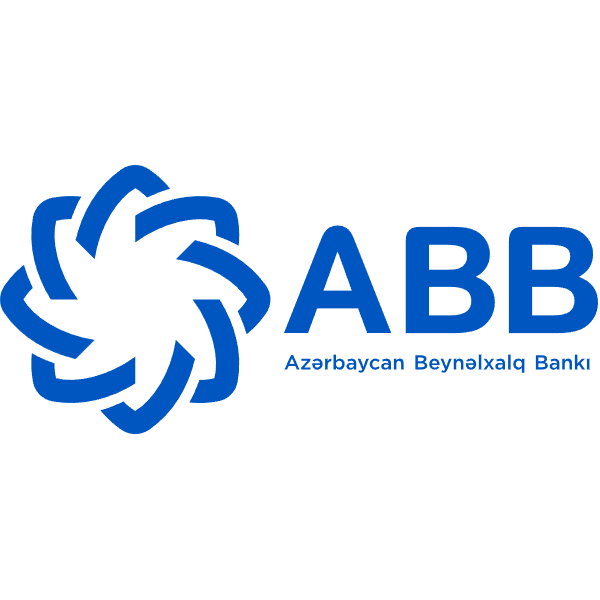The European Central Bank (ECB) is the central bank of the euro area, founded in 1998 and headquartered in Frankfurt, Germany. As the eurozone's core financial institution, its primary role is to maintain price stability, set monetary policy, and supervise the financial system, rather than directly providing financial services to the public or businesses.
basic bank information
type: central bank, state-owned.
ownership: Owned by the central banks of the eurozone countries, indirectly owned by the governments of the eurozone countries, and does not involve listed or private capital.
As a central bank, ECB does not directly provide financial services to the public, and its role is more similar to that of an executor and supervisor of economic policies, which is fundamentally different from that of commercial banks (such as deposits and loans).
name and background<
ul style="list-style-type: disc" type="disc">full name: European Central Bank
Founded: June 1998 by the Treaty of Amsterdam, succeeding the European Monetary Institute (EMI).
headquarters in Frankfurt, Germany
Shareholder Background: The national central banks of the eurozone countries, each holding a different proportion of shares depending on the size of its economy. The eurozone currently includes 19 countries: Germany, France, Italy, Spain, the Netherlands, Belgium, Austria, Portugal, Ireland, Finland, Luxembourg, Greece, Slovenia, Cyprus, Malta, Estonia, Latvia, Lithuania and Croatia.
Leadership structure: Monetary policy is set by the Governing Council, which includes President Christine Lagarde, Vice President Luis de Guindos and Chief Economist Philip R. Lane, etc.
service scope<
ul style="list-style-type: disc" type="disc">coverage area: Eurozone (19 countries).
The main function of the ECB is to influence economic activity in the eurozone through monetary policy instruments, such as interest rate adjustments and quantitative easing, rather than directly providing financial products.
services and products
The ECB's main responsibilities include:
setting and implementing monetary policy in the eurozone
maintain price stability in the eurozone, with a target inflation rate of 2%.
supervise the eurozone's major banks and ensure the stability of the financial system
manage the eurozone's foreign exchange reserves
ensure the proper functioning of the payment system
These functions are accomplished through the European System of Central Banks (ESCB) in cooperation with the national central banks of the eurozone countries.
compliance record
as a central bank, its actions are subject to a strict legal framework, and specific records are usually not made public. However, on April 18, 2025, the ECB imposed administrative penalties totaling 1.24 million euros on the three banks of the SEB Baltics group for failing to comply with the conservative requirements of the internal model, demonstrating the strength of its supervision.
security measures<
spanstyle="font-family: sans-serif; color: black">As the central bank of the Eurozone, the ECB has strict security measures in place, including:
Cybersecurity: A cyber system that protects economic data and policy information and ensures protection from cyber attacks.
Internal control: Ensure operational compliance and transparency through auditing and internal control mechanisms.
>Physical security: The Frankfurt-based facility has high standards of security in place.
featured services and differentiation<
span style="font-family: sans-serif; color: black">ECB is characterized by its central role in the Eurozone:
Financial supervision: responsible for supervising the main banks in the eurozone and ensuring their stability.
International cooperation: Participation in international financial organizations and coordination, such as the International Monetary Fund (IMF) and the World Bank.
Inflation forecast: 2.3% in 2025, 1.9% in 2026 and 2.0% in 2027, showing its focus on future economic trends.
>Monetary policy development: Maintain price stability through tools such as adjusting interest rates (e.g., reducing the Deposit Facility rate to 2.25% on April 17, 2025) and quantitative easing.
Upcoming Activity
2025, the ECB remains committed to maintaining price stability and financial stability in the eurozone. Here are some of the highlights of the recent campaign:
interest rate adjustment: On April 17, 2025, the ECB cut three key interest rates by 25 basis points. The Deposit Facility rate fell to 2.25 per cent, the fixed rate for major refinancing operations to 2.40 per cent, and the marginal lending facility rate to 2.65 per cent.
Inflation forecast: The latest forecasts show that inflation will average 2.3% in 2025, 1.9% in 2026 and 2.0% in 2027. Core inflation (excluding energy and food) is expected to be 2.2% in 2025, 2.0% in 2026 and 1.9% in 2027.
Financial stability: In May 2025, the ECB published its Financial Stability Report, focusing on the risks of non-bank financial institutions (NBFIs), in particular the possible impact of falling commercial real estate prices.
regulatory action: On April 18, 2025, the ECB imposed administrative penalties totaling €1.24 million on three banks of the SEB Baltics group for failing to comply with the conservative requirements of the internal model.
conclusion
The European Central Bank is the core financial institution of the eurozone, and its role is positioned as macroeconomic management rather than direct financial services. Its operation reflects the typical functions of a central bank, including monetary policy enforcement, financial stability maintenance, and international cooperation. Although not directly serving the public, its role in the eurozone is crucial to its economy. The above analysis is based on publicly available information as of May 30, 2025 to ensure the accuracy and timeliness of the information.










